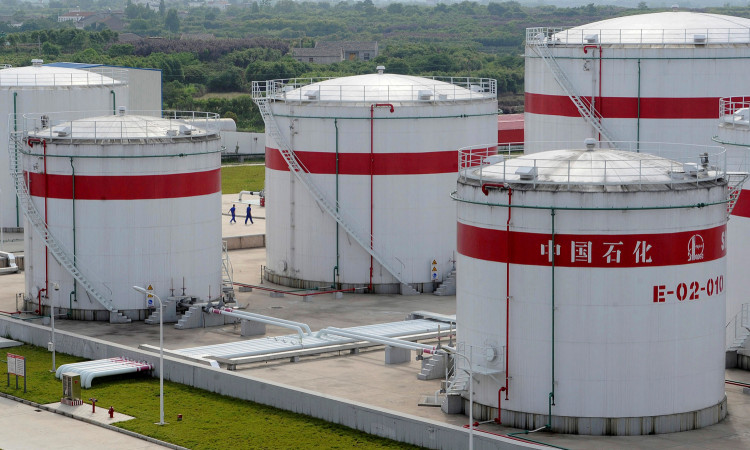China currently stands as the world's second-largest economy. However, many analysts have noted that this will not be the case in the near future if China will not be able to disrupt itself from its massive dependence on oil and natural gas imports.
As part of the country's effort to boost natural gas and oil productions, China National Petroleum Corporation and Sinopec announced that they are boosting the drilling and exploration of shale gas and tight oil. The state-owned companies added that they are focusing their attention on the country's western zone, a region well-known for its abundant deposit of tight oil and shale gas.
China National Petroleum Corporation believes that these new explorations and drilling efforts of shale gas and tight oil will improve the country's domestic production, essentially mitigating if not completely cutting off its reliance on imported resources.
According to the China National Petroleum Corporation, production at the company's Mahu field location in the province of Xinjiang has fallen by as much as 40 percent compared to last year. Mahu field is considered as one of CNPC's largest field.
China has long poised itself to become the next global leader politically and economically. However, this massive and unprecedented growth has cost China quite a lot for its future. By turning into the second largest economy, China has grown to become the world biggest importer of oil. This comes at a price since oil is seen by many analysts as something of a geopolitical weapon.
The trade war against the United States is also creating a lot of problem for Chinese oil imports. The country is also the largest importer of Iranian oil, and this precious resource is under threat of fresh sanctions from the United States. China is also heavily reliant on Saudi Arabia and Russia for crude oil. While Russia might be on more sympathetic terms with China, the same cannot be said with Saudi Arabia which has a storied political history with the United States.
Despite this hurdles, top Chinese government officials are still optimistic that China's domestic oil and natural gas production should be enough to sustain the country's growing needs. The country recently announced that it is opening up its massive domestic consumer market to the rest of the world. Many analysts saw this as an attempt to leverage this consumer market in order to negotiate better oil trade deals with other countries.





